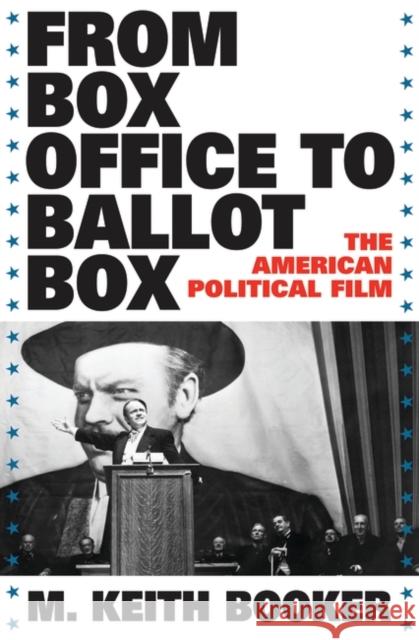From Box Office to Ballot Box: The American Political Film » książka
From Box Office to Ballot Box: The American Political Film
ISBN-13: 9780275991227 / Angielski / Twarda / 2007 / 240 str.
Given the complexity and expense of making and distributing a film, the process of filmmaking is by its very nature a political process. Moreover, given the power and persuasiveness of the cinema as a medium, film can be a powerful political tool. It should thus come as no surprise that film has had a long and extensive engagement with a variety of political topics, ranging from the actual mechanics of governance to electoral politics, to any number of specific political issues. Through a film-by-film examination of the movies explicitly concerned with American politics and American political issues, "From Box Office to Ballot Box" provides valuable new insights into our culture's perceptions of various political environments and serves as a witness to the cinema's own complex contribution to the media's coverage of, and relationship to, American politics at large.
"From Box Office to Ballot Box" takes as its subject films exploring the electoral process, the process of governing, and the involvement of the media in both. Separate chapters also deal with films related to specific political issues or phenomena that are particularly relevant to the above three categories, including labor and class, the Cold War, the Vietnam War, and the other recent conflicts in which the media has played such a large role. Specific films discussed include: "Citizen Kane, All the King's Men, The Manchurian Candidate, All the Presidents' Men, The Front, M*A*S*H*, JFK, Nixon, Wag the Dog, Three Kings, Black Hawk Down, The Quiet American, The Contender," and many more.











